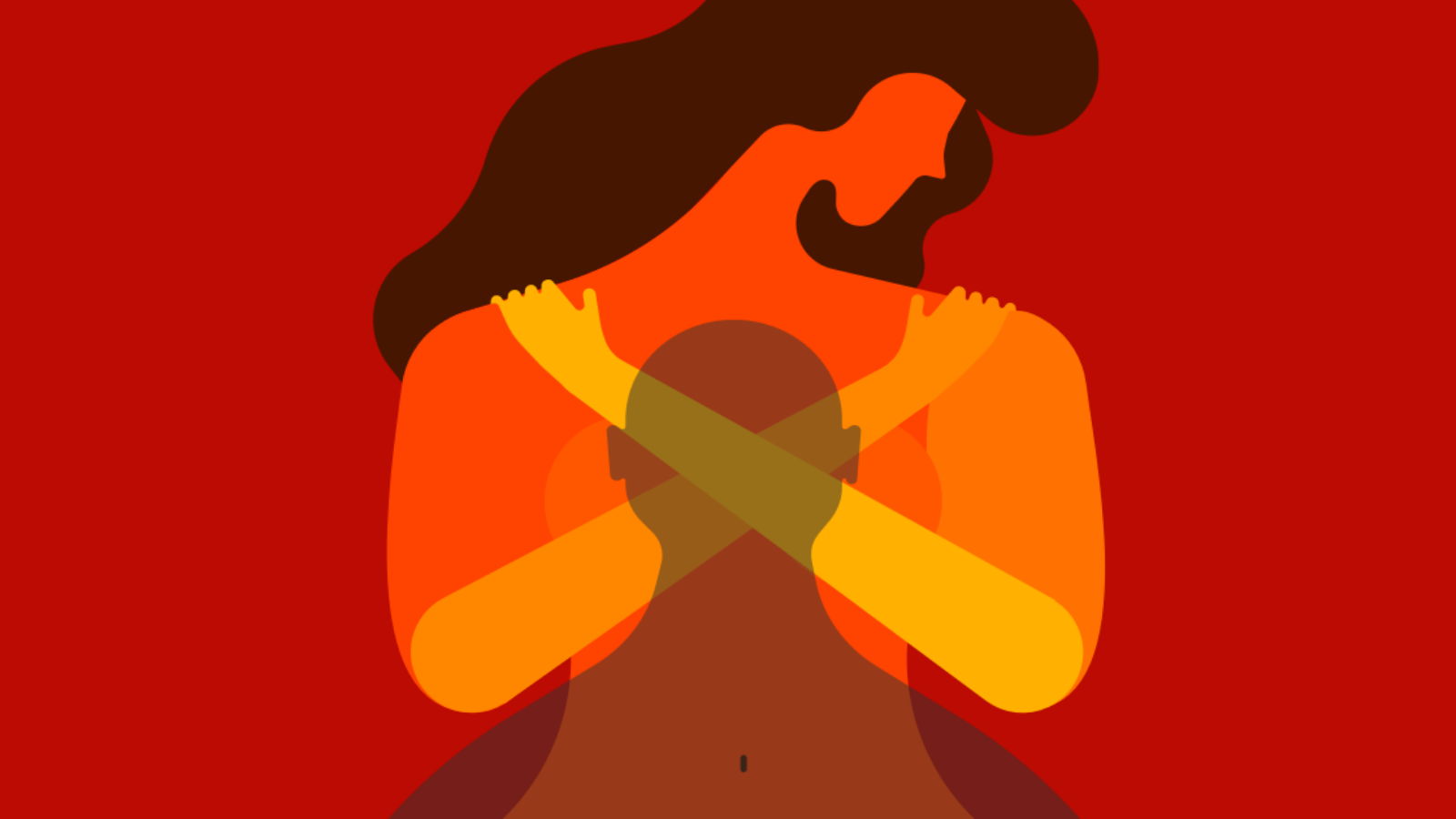
03 Apr Covid 19’s Disproportionate Impact on Girls and Women
Over 1.3 billion Indians have been ordered to stay at home as a preventive measure to fight the highly infectious and deadly coronavirus. Practices like social and physical distancing and regular handwashing have now become an integral part of our daily lives. The lockdown is a significant intervention to slow down the spread of the virus. It has impacted all of us in some way or the other. While some of us are learning and taking this as a break to form a better routine, the impact on vulnerable groups such as daily wage labour and migrant workers are extremely insecure.
Over 85 percent of the total workforce in India is engaged in the informal economy. 94 percent of the total women workforce in India works in the informal sector. Rickshaw pullers, fruits and vegetable vendors, domestic help, construction and other daily wage workers form the backbone of the Indian economy. Many of them buy food with the money that they make each day and have no or very meagre savings to fall back on. In New Delhi, thousands of migrant workers living off daily earnings have been put out of work due to the 21day lockdown and many of them could be seen walking back to their villages without food, water and access to basic sanitation facilities. To prevent the migrant workers from travelling, Delhi government has made arrangements for shelter, food and water in the city’s border areas. Additionally, provision for free ration distribution for about 70 lakh people have been confirmed by the government. State governments in Delhi, Maharashtra, Kerala and Tamil Nadu have also expanded social protection measures during the crisis.
The pandemic has gendered impacts that affects women and children disproportionately. The fear and uncertainty associated with pandemics may exacerbate various forms of violence against women and children (VAW/C). When the Ebola outbreak hit West Africa in 2014, the cases of gender based violence increased significantly. According to a police report obtained from national human rights organization Humanist Watch Salone, the cases of sexual assault increased by over 40 percent within an year of the Ebola outbreak (cases increased from 1485 in 2013 to 2201 in 2014) In the current Covid 19 outbreak, as of mid-March 2020, there are already reports from China, US, Australia, France and Paris suggesting an increase in violence against women and children. In China’s Hubei province, police reported triple the number of domestic violence cases in February this year as compared to last year. Reports of domestic violence in France have increased by more than 30 percent since the country went into lockdown on Mar 17, 2020. In India, The National Commission for Women (NCW) has recorded more than twofold rise in complaints of gender-based violence from March8-April 1. There are high chances that the actual cases of VAW/C are much higher as women need privacy to be able to call up the police or even NGO helpline numbers.
Economic insecurities, stress and anxiety during crisis often trigger more violence against women and children. Quarantine and self-isolation also increase violence as they exposure to their potential perpetrators goes up. Lockdown or other forms of self-isolation reduce women’s chances to escape an abusive perpetrator and reach out to women help groups, medical service providers and police for help. In such situations, women’s access to legal services also gets limited. Women help groups and NGO’s may also face significant challenges (to operate helplines from home, difficulties in meeting victims who may need immediate support).
It is crucial that governments come up with a comprehensive plan to protect vulnerable groups particularly women and children. It is vital that they are able to reach out for help in case of any emergency. Reaching women (of all castes, religion and income-groups) in distress needs to be classified as an essential service. Further, information about helplines/ counselling services for mental and physical distress must be publicised widely. Services such as SMS facility on helpline numbers should also be available in case a victim is not comfortable to talk. Once the lockdown is over, the world is going to be a different place and many people may be out of jobs and insecure. The gender dimensions of this need to be planned for so that we don’t have more insecurity and violence as a consequence.
-Ankita Kapoor
Image Source: UN Women


Simran Berry
Posted at 12:56h, 05 AprilYes. Very true. Never thought about these issues before. The statistics of domestic violence during pandemics are severally disturbing. Great information!
Dilys Mneney
Posted at 17:59h, 06 AprilI had this discussion a few days ago about the spike of domestic violences reports during this lockdown in different countries. It is indeed trouble some that many Women now have to deal with fear of COVID-19, their partners harming them and worst of all not able to provide for their families.
I agree with you that governments should come up with a plan to protect vulnerable groups particularly women and children.